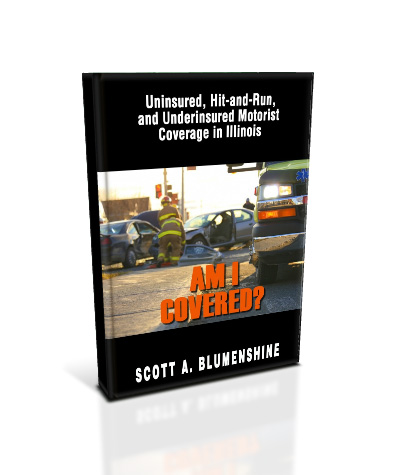How Do Juries Work in Illinois Civil Cases?
In civil cases, both plaintiffs and defendants enjoy the right to seek trials by jury. The Illinois Statutes Chapter 735 explains that this demand must be filed at the time the civil action begins. Likewise, a defendant who wants a trial by jury must indicate as such when filing an answer to the plaintiff. Otherwise, the right to a jury is waived. Sooner is always better when seeking a jury for Illinois civil trials.
Which Types of Damages Can Illinois Juries Award?
Trial verdicts can produce several types of damages in recognition of the plaintiff's suffering. In many cases, plaintiffs receive compensatory damages, which, as their name suggests, strive to compensate victims for their financial losses. These damages can take many forms. Remuneration often emphasizes loss of property but could also compensate plaintiffs for emotional distress or lost wages.
In cases involving especially significant acts of negligence or aggression, juries may award punitive damages. These go beyond compensation to punish defendants for their actions through civil means.
While punitive damages can be significant in scope, restrictions apply. For example, state procedure prevents plaintiffs from seeking punitive damages within initial complaints.
Juries consider several factors when determining punitive awards. First and foremost, they examine the reprehensible nature of the defendant's actions. Additionally, jury members should consider harm caused as a result of this behavior. From there, the jury can determine the extent to which fines might punish the defendant and prevent similar conduct in the future.
Other considerations may include:
- Whether the plaintiff suffered physical or economic harm.
- How long or how often the misconduct occurred.
- Whether the defendant attempted to conceal problematic behavior.
Illinois juries can award plaintiffs considerable compensatory and punitive damages. They play a crucial role in the civil justice system. Any legal strategy should take this into account in an effort to deliver the best case outcome possible.
Here are some other great articles on our site for more information:


